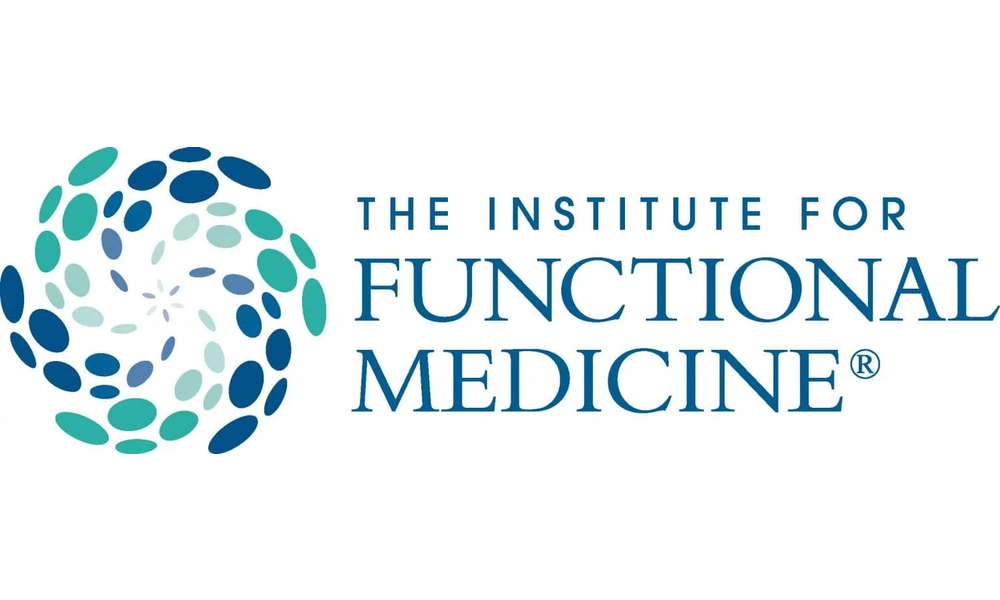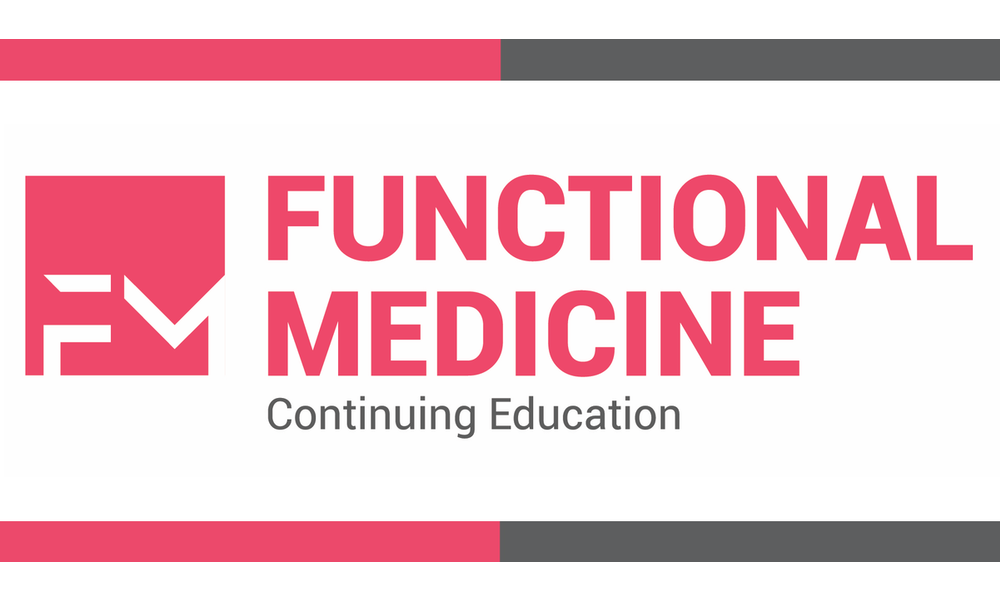Your cart is currently empty!

Virtual CE Training in
Functional Medicine
Functional Medicine for Pharmacists: Root Cause Approaches to Medication Therapy Management

Root Cause Approaches to Medication Therapy Management
This digital symposium addresses the gap in knowledge and practice around integrating advanced functional medicine lab testing into patient care. It will provide strategies for selecting the right tests, interpreting complex results, and using optimal ranges to develop personalized, evidence-based treatment plans, ultimately improving patient outcomes.
Your Course Instructors
Confidently integrate advanced functional medicine lab testing into your practice.

Mark Hyman

Kristi Hughes

Patrick Hanaway

Robert Luby

Lara Zakaria

Lauren Castle

Melody Hartzler

Foundations in Functional Medicine
Part 1
The Institute for Functional Medicine (IFM) is the global leader for functional medicine education and training. In this part of the program, pharmacists are introduced to foundational functional medicine principles and tools that will enable them to assess disease status through a systems biology lens. IFM Educators present engaging modules and case studies that provide participants with the necessary skills to apply root cause principles that promote optimal health and well-being. By the end of Part 1, pharmacists will have the skills to design personalized treatment plans based on the principles of the Functional Medicine Matrix.
Medication Therapy Management (MTM) and Nutraceutical Management
Part 2
Delve into the intricate relationship between medications and nutrition status and how it impacts disease state and medication management. Pharmacists will explore topics such as drug-induced nutrient depletions (DIND), drug-nutrient interactions (DNI), and drug-herb interactions (DHI) using case-based learning. This part of the program is specifically tailored to address highly prescribed classes of medications including oral contraceptives, Proton Pump Inhibitors (PPIs), Statins, Nonsteroidal Anti-inflammatory Drugs (NSAIDs), and Selective Serotonin Reuptake Inhibitors (SSRIs). Pharmacists will learn how to apply a functional medicine lens to medication therapy management and play an active role in patient nutraceutical management.

COURSE MATERIAL
Root Cause Approaches to Medication Therapy Management
- Foundations in Functional Medicine
CE Credit: 5 Hours - MTM and Nutraceutical Management
CE Credit: 9 Hours - Toolkit
20 Downloadable Files

1 HOUR – NON CE
Introduction to Functional Medicine: Redefining Disease Applied Systems Medicine
By Mark Hyman, MD, IFM Faculty
Functional medicine is a philosophic and methodologic approach to treating disease and restoring optimal well-being that looks at root causes and why disease is occurring in each individual. Using proprietary tools developed by IFM, we will discuss and outline the methodologic rationale for the functional medicine model and pave the path forward.
Learning Objectives
- Distinguish the key differences between conventional medicine and functional medicine.
- Clarify how a systems-based approach can effectively treat illness and promote wellness.
- Broadly understand how to apply concepts of personalized, whole- person care for patients with chronic disease.
OFFICAL PARTNERS


Elevate your learning
On Demand CE
Root Cause Approaches to Medication Therapy Management
$799
✦
13 Hours CE
✦
Pharmacists
WE OFFER CONTINUING EDUCATION TRAINING FROM THE COMFORT OF YOUR HOME

Venue
Your home or favorite coffee shop. Everything is online

Transport
No travel needed. Online so you just need to find a quiet place to listen.

Hotel & Restaurant
Hotels are overrated. Sleep in your own bed and make your own food.
